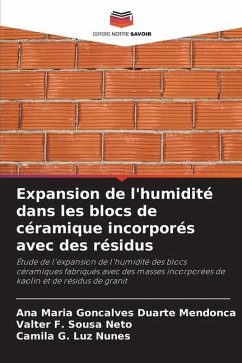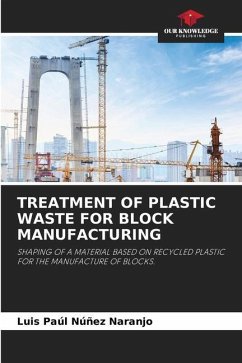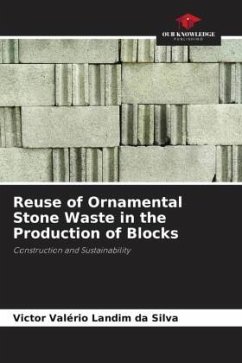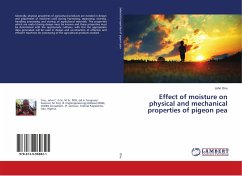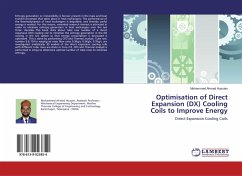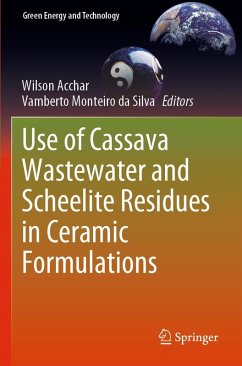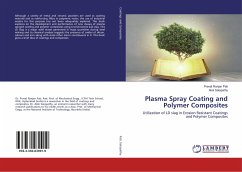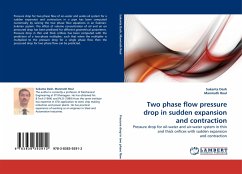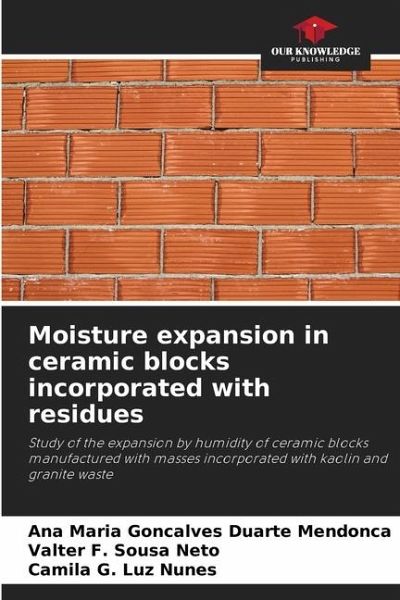
Moisture expansion in ceramic blocks incorporated with residues
Study of the expansion by humidity of ceramic blocks manufactured with masses incorporated with kaolin and granite waste
Versandkostenfrei!
Versandfertig in 6-10 Tagen
33,99 €
inkl. MwSt.

PAYBACK Punkte
17 °P sammeln!
UPE is the phenomenon suffered by ceramic materials when in contact with water in liquid or vapor form. This expansion is due to the adsorption of surface water in vitreous, amorphous and crystalline phases, causing an increase in the dimensions and cracking of the pieces, compromising the structure and possibly leading to collapse. This study used masses incorporated with kaolin and granite waste in the preparation of ceramic blocks and tiles, with the aim of studying the EPU. The specimens were formed by extrusion and fired at temperatures of 800°, 900° and 1000°C. After firing, the physi...
UPE is the phenomenon suffered by ceramic materials when in contact with water in liquid or vapor form. This expansion is due to the adsorption of surface water in vitreous, amorphous and crystalline phases, causing an increase in the dimensions and cracking of the pieces, compromising the structure and possibly leading to collapse. This study used masses incorporated with kaolin and granite waste in the preparation of ceramic blocks and tiles, with the aim of studying the EPU. The specimens were formed by extrusion and fired at temperatures of 800°, 900° and 1000°C. After firing, the physical-mechanical properties and the EPU were determined. It was observed that the ceramic bodies of the composition with the highest granite residue content tended to reduce the UPE, especially at temperatures above 1000°C, while those with the highest kaolin residue content provided higher UPE values, especially at lower temperatures.





